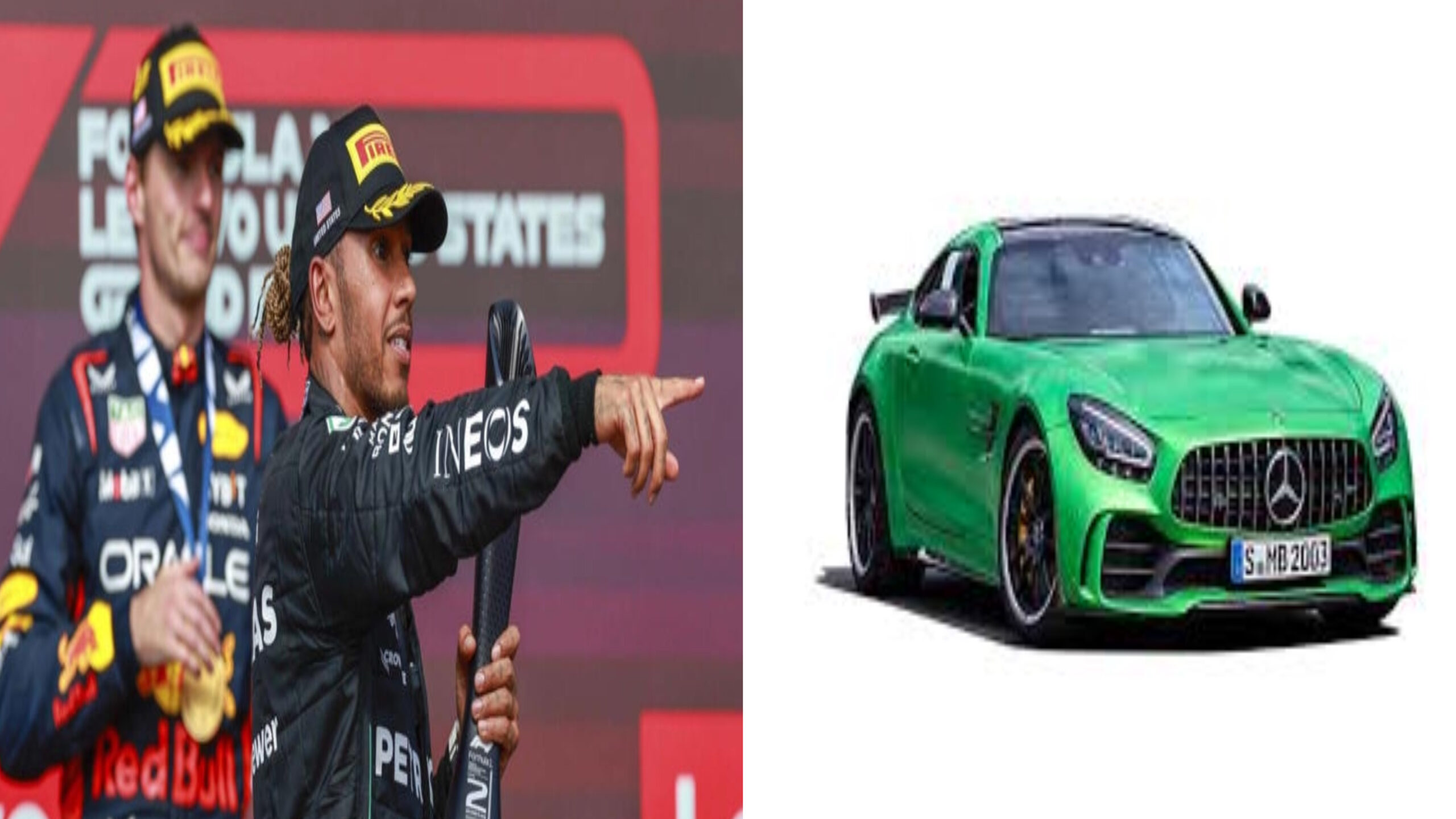The world of Formula 1 was abuzz with activity, as the aftermath of Lewis Hamilton’s unexpected transition from Mercedes to Ferrari for the 2025 season persisted in making headlines. The fervor reached new heights when suggestions began circulating about who could fill the void left by the seven-time World Champion at Mercedes. Amid this whirlwind of speculation, Max Verstappen, the formidable adversary Hamilton faced in the nail-biting 2021 championship race, emerged as the top candidate to take over the reins.
Lewis Hamilton’s departure represents a pivotal moment for Mercedes, a team that has dominated the Formula 1 landscape alongside Hamilton for nearly a decade. Since joining Mercedes in 2013, Hamilton has been instrumental in securing numerous Constructors’ Championships, solidifying the team’s status as a powerhouse in the sport. His move to Ferrari, one of Mercedes’ chief rivals, has not only shocked fans and pundits alike but has also set the stage for a significant reshuffling of the Formula 1 grid.
The proposition of Max Verstappen stepping into Hamilton’s shoes at Mercedes is a tantalizing prospect for several reasons. Verstappen, who clinched his first World Championship in 2021 after a fiercely contested battle with Hamilton, has proven himself to be among the elite drivers in Formula 1. His aggressive driving style, coupled with his remarkable skill and determination, has made him a formidable competitor on the track.
Mercedes’ interest in Verstappen can be seen as a strategic move to ensure the team remains at the forefront of the sport. With Hamilton’s departure, there’s an undeniable gap in experience and leadership within the team. Verstappen, with his championship pedigree and hunger for victory, could offer the perfect blend of youth and expertise to lead Mercedes into a new era.
The potential acquisition of Verstappen by Mercedes also raises intriguing questions about the dynamics within the team and the broader Formula 1 grid. Verstappen’s rivalry with Hamilton during the 2021 season was marked by intense on-track battles and a palpable tension that captivated fans worldwide. By joining Mercedes, Verstappen would not only be stepping into the shoes of his former rival but also aligning himself with a team that has been at the epicenter of Formula 1’s technological innovation and strategic prowess.
Furthermore, Hamilton’s move to Ferrari and the possible arrival of Verstappen at Mercedes would undeniably alter the competitive landscape of Formula 1. Ferrari, with Hamilton at the helm, would be rejuvenated in their quest to return to the pinnacle of the sport. At the same time, Mercedes, under Verstappen’s leadership, would aim to continue their legacy of dominance. This reshuffling of key players could reignite rivalries and foster new ones, injecting fresh excitement into the sport.
The speculation surrounding Verstappen’s future and Mercedes’ next steps highlights the ever-evolving nature of Formula 1. As teams and drivers navigate the complexities of contracts, partnerships, and competitive ambitions, the sport remains a dynamic and unpredictable arena. The potential shift of Verstappen to Mercedes underscores the strategic maneuvers teams are willing to undertake to maintain their competitive edge.
In the end, the possibility of Max Verstappen joining Mercedes in the aftermath of Lewis Hamilton’s shocking switch to Ferrari is more than just a transfer rumor. It symbolizes a potential turning point in Formula 1, where legacies are on the line, and the quest for supremacy is relentless. As the 2025 season approaches, all eyes will be on how these moves unfold, shaping the future of the sport in ways that could redefine rivalries, team dynamics, and the pursuit of glory on the world’s most exhilarating racing stage.
This unfolding drama not only captivates the imaginations of fans but also highlights the strategic depth behind the scenes of Formula 1. Teams are not merely collections of cars and drivers; they are intricate organizations where every decision, from driver lineups to technological developments, can have a profound impact on their fortunes. The potential recruitment of Verstappen by Mercedes signifies more than a change of seats; it represents a strategic gambit aimed at securing the team’s future success in an era of uncertainty and intense competition.
The implications of such a move extend beyond the immediate fortunes of Mercedes and Ferrari. It could catalyze a domino effect across the grid, prompting other teams to reassess their strategies and driver lineups in response to the shifting balance of power. The dynamics of driver market movements, team strategies, and technological innovation are interwoven, each element influencing the others in a complex dance of competitive ambition.
As Formula 1 stands on the brink of this potentially transformative period, the anticipation among fans and stakeholders alike is palpable. The sport thrives on change, with each season bringing new challenges and opportunities. The prospect of Verstappen at Mercedes and Hamilton at Ferrari is a testament to the ever-evolving narrative of Formula 1, a narrative that continues to enthrall and engage millions around the globe. In this high-speed chess game, the next move could redefine the future of the sport, setting the stage for an exhilarating new chapter in the storied history of Formula 1.

